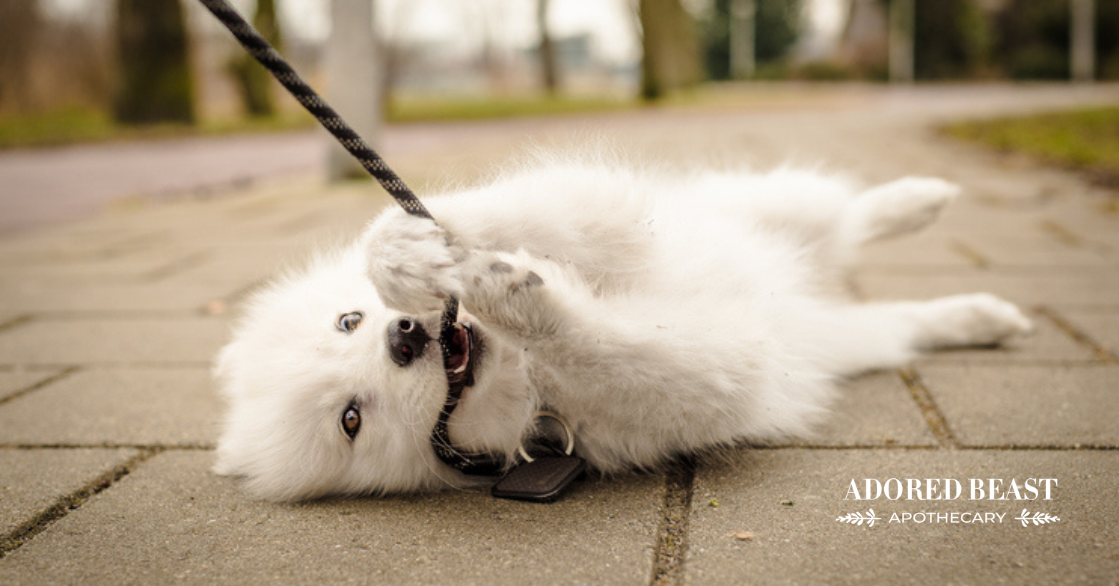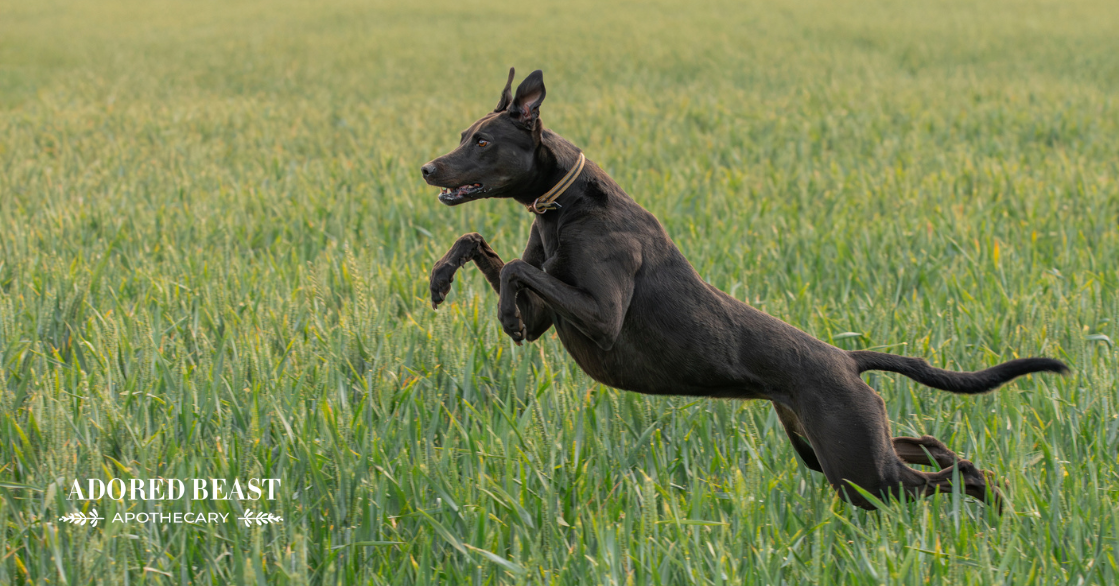Bringing home a new puppy is often painted as one of life’s most joyful milestones… those tiny paws, wagging tails, and puppy kisses are irresistible. After all, who doens’t love a puppy!?
The thing is, for many new puppy parents, the reality can be far more overwhelming than expected. Let’s all be honest, raising a puppy is hard. It takes commitment and lots of patience.
If you’re feeling anxious, exhausted, or even regretful after bringing your puppy home, you’re not alone. You might be experiencing what’s known as the “puppy blues.” It’s a real thing, so we’re here to help!
What Are the Puppy Blues?
The “puppy blues” refer to a period of emotional distress some new puppy parents experience shortly after bringing a puppy home. It can include:
- Feelings of anxiety or depression
- Feeling overwhelmed or frustrated
- Having regret about getting a puppy
- Feeling guilty for not feeling happy
- Having trouble sleeping or relaxing
- Feeling isolated or stuck
These feelings can be intense and confusing, especially when everyone around you is congratulating you on your adorable new family member.
How common are they? Surprisingly common. Many people don’t talk about it, but the adjustment period with a new puppy can feel like a roller coaster. Puppies require constant supervision; they cry at night, have potty accidents, chew on everything, and seem to have boundless energy when you’re running on empty.
This is especially tough if you expected things to go smoothly or if you’re a first-time dog owner. The good news? You’re not a bad pet parent, and you’re definitely not alone.
Why It’s Completely Normal
That’s right. These feelings are completely normal. In fact, we need to start talking about them more to be able to support each other!
Remember, puppies are babies. They don’t come pre-programmed to understand the rules of your home or how to behave. Just like new parents of human babies, new dog parents go through a period of intense caregiving, lack of sleep, and emotional ups and downs. It’s okay to mourn your previous routine or feel unprepared. These emotions don’t mean you don’t love your pup, they mean you’re adjusting to a major life change.
Also, sometimes we expect an immedieate bond with a dog. We want them to come home and be our best buds right away. When it doesn’t happen, it can be discouraging. But this bonding comes with time. It won’t happen overnight. Sometimes it can takes weeks or months – and that’s okay!
Tips for Coping with the Puppy Blues
If you’re struggling, here are a few ways to help ease the transition:
1. Lower Your Expectations
This is probably the most important thing. Part of the ‘puppy blues” feelings come from expectations you have for your new family member. But that’s just putting too much pressure on both of you. Your puppy won’t be perfectly trained in a week, and that’s okay. Focus on progress, not perfection. Celebrate small wins and remind yourself that each tough day brings you closer to a well-adjusted adult dog.
2. Stick to a Routine
Puppies thrive on structure, and so do humans. Establish a consistent schedule for feeding, potty breaks, training, and rest. Routines can help you feel more in control and help your pup settle in faster. This is especially important for potty training. Create a consistent schedule for potty breaks – first thing in the morning, after meals, before bed, and every few hours in between. We have more tips on potty training in this post.
3. Use Crate or Playpen Time Wisely
Don’t feel guilty using a crate or playpen for safe alone time. Puppies need to learn how to be calm by themselves, and you need time to rest or catch up on life. Crate training is not about confinement – it’s about creating a safe and comfortable space for your puppy. They may not like it at first (yes, most cry), but with time and the right approach, they will understand the benefits. If you’re new to crate training, we have several tips on how to make it successful in this post.
4. Take Breaks
When possible, step away and let someone else take over for a bit, whether it’s your partner, a friend, or a pet sitter. Even a short nap or walk without your pup can give your mind a much-needed reset. Don’t ever feel guilty for needing to take some time for yourself, especially when things get overwhelming.
5. Reach Out for Support
As we mentioned, you are not alone in this. Puppy blues are quite common, and just knowing others have been through it and made it out the other side can be incredibly reassuring. Talk to other puppy parents, join a social media group, enroll in a puppy training class, or talk to a trainer. Ask for help – it’s out there. You don’t have to walk this journey alone.
6. Practice Self-Compassion
Remind yourself: this phase is temporary. You’re doing your best. Your feelings are valid. And your puppy won’t remember the mistakes, just the love. Be easy and gentle on yourself.
The Light at the End of the Tunnel
The puppy phase is intense, but it doesn’t last forever. As your dog matures and starts learning your routines, things get easier. Most puppy blues resolve within a few weeks to a couple of months. The bond you build during this time – frustrations and all – will grow into something beautiful and lasting.
So if you’re in the thick of it: take a breath, ask for help, and remind yourself that you’re not failing, you’re just growing. And both you and your puppy are going to be okay ❤️❤️












